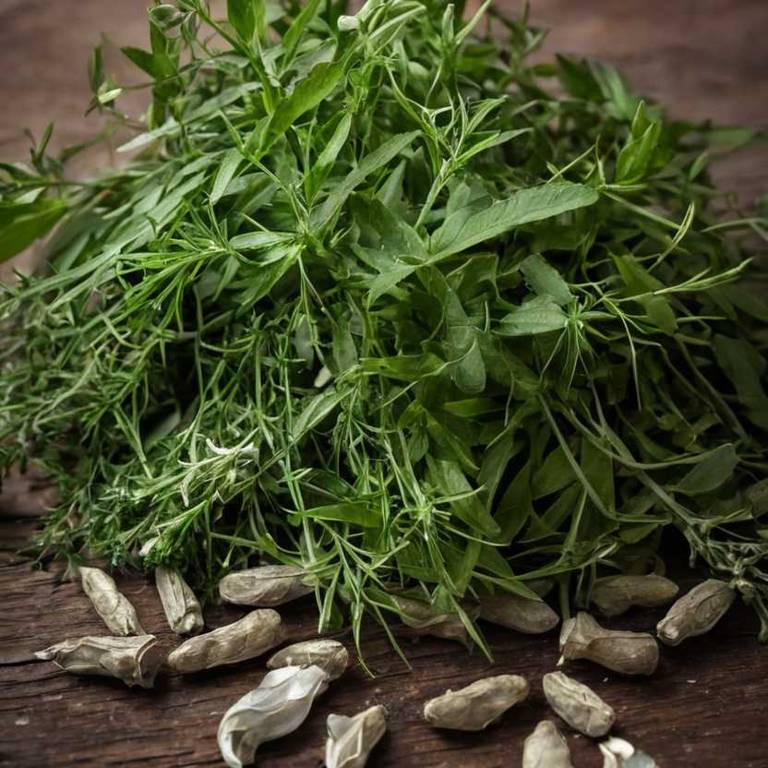Hyoscyamus Niger: What To Know Before Using It For Medicinal Purposes

Hyoscyamus niger, commonly known as black henbane, has been historically used in medicinal practices for its anticholinergic properties, which can alleviate symptoms such as muscle spasms, pain, and gastrointestinal cramps.
It contains alkaloids like hyoscyamine and scopolamine, which act on the parasympathetic nervous system to reduce involuntary muscle contractions. Traditionally, it has been employed in herbal medicine to treat conditions like asthma, epilepsy, and migraines, though its use is limited due to significant toxicity and potential for abuse. Despite its efficacy, Hyoscyamus niger requires careful handling and is typically reserved for specific, supervised medical applications.
Due to its potent effects and risks, it is not recommended for general or over-the-counter use without professional guidance.
Health Benefits
Hyoscyamus niger has several health benefits, such as its use in treating gastrointestinal disorders due to its antispasmodic properties.
It can help alleviate symptoms of irritable bowel syndrome and other digestive issues by reducing muscle spasms in the intestines. Additionally, it has been traditionally used for its sedative effects, which may help with insomnia and anxiety. The plant contains alkaloids like hyoscyamine, which can also be beneficial in managing symptoms of motion sickness and bladder disorders.
However, it should be used with caution due to its potential toxicity if not properly prepared or dosed.
10 Best Health Beneift of Hyoscyamus niger
Bioactive Constituents
Hyoscyamus niger has several bioactive constituents, such as alkaloids, flavonoids, and glycosides, which contribute to its medicinal properties.
The most notable alkaloids include hyoscyamine, scopolamine, and atropine, which act as anticholinergics by blocking acetylcholine receptors. These compounds are used in treating conditions like gastrointestinal spasms, asthma, and Parkinson's disease due to their ability to reduce smooth muscle contractions and secretions. Additionally, flavonoids present in the plant possess anti-inflammatory and antioxidant properties, enhancing its therapeutic potential.
Glycosides contribute to the plant's sedative and analgesic effects, making it a valuable source for natural medicine formulations.
Medicinal Preparations
Hyoscyamus niger has several medicinal preparations, such as teas, tinctures, and extracts, which have been traditionally used for their anticholinergic properties.
These preparations are often made by infusing the dried seeds in hot water to create a calming tea, which may be used to relieve spasms or reduce anxiety. Tinctures, prepared by soaking the seeds in alcohol, are commonly used for their sedative and muscle-relaxing effects. Additionally, standardized extracts are available in capsule or tablet form for more controlled dosing.
However, due to its potent effects, these preparations should be used with caution and under the guidance of a healthcare professional.
Side Effects
Hyoscyamus niger can have some side effects, such as dizziness, dry mouth, and blurred vision due to its anticholinergic properties.
Prolonged use may lead to confusion, memory loss, and hallucinations, particularly in elderly individuals or those with preexisting neurological conditions. In high doses, it can cause severe symptoms like tachycardia, increased body temperature, and even coma. Overdose may result in life-threatening complications, including respiratory depression and cardiac arrest.
It is important to use this plant under strict medical supervision to minimize risks and manage potential adverse effects.